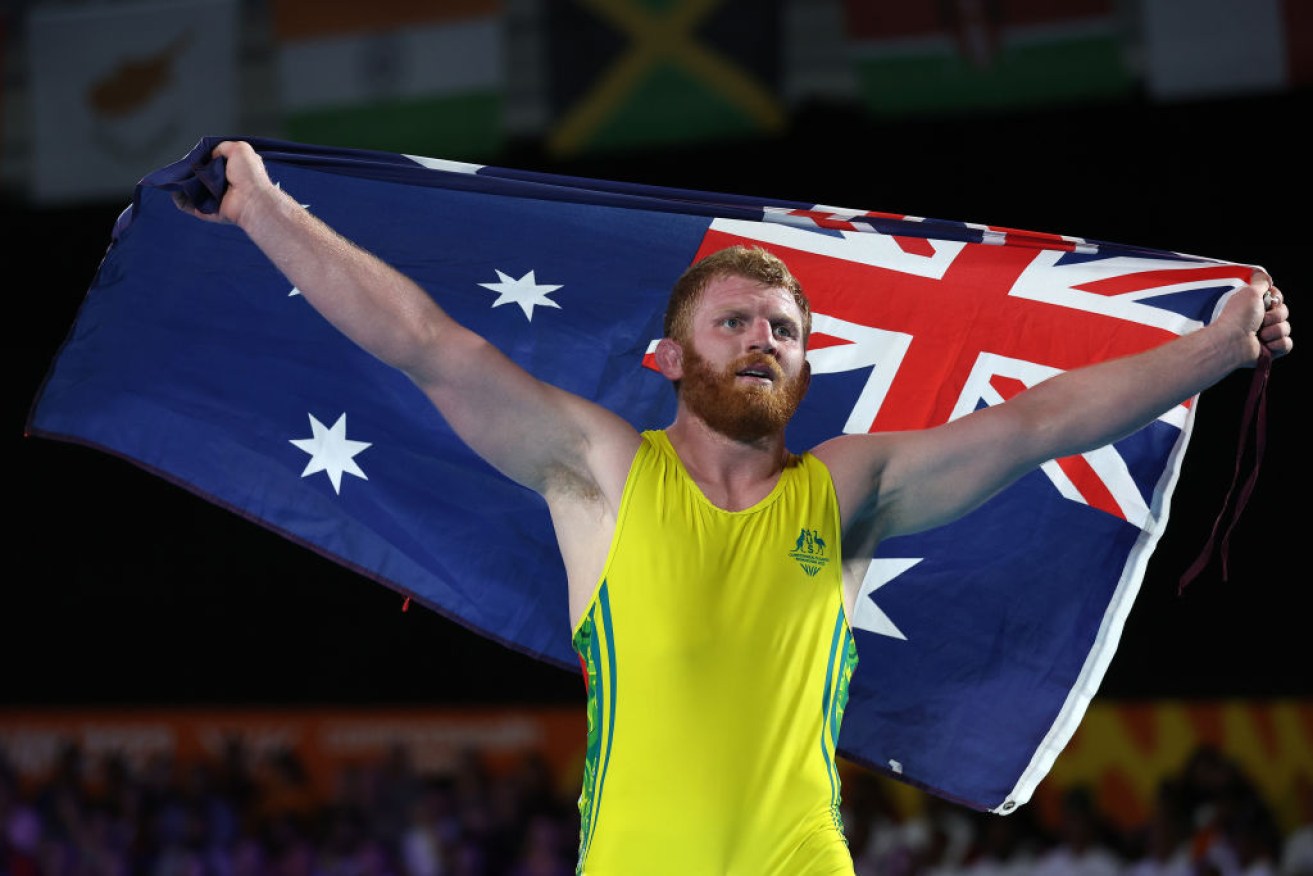Paul Bongiorno: Our international reputation isn’t a vote winner


The Liberals are very selective about their concerns for our standing in the world, writes Paul Bongiorno.
The furore created by Victorian Premier Daniel Andrew’s cancelling of the Commonwealth Games would have you believe that Australians could give two hoots over the country’s international reputation.
The fact is any number of elections over the years have firmly established that a majority of us are extremely selective about what moves us to care what the rest of the world thinks about us.
The MV Tampa incident in August 2001 readily comes to mind.
Shocked world headlines reported the Australian government refused entry to the Norwegian freighter with its miserable cargo of more than 400 shipwrecked and distressed men, women and children on board.
Not only was this a breach of the law of the sea, it was a rejection of human rights obligations we had ratified.
Three months later, the Howard government was returned to power after defiantly proclaiming “we will decide who comes to this country and the circumstances in which they will come”.
It’s a defiance imitated by Howard’s political opponents, with Labor now embracing the opaque “stop the boats” policy crafted by Scott Morrison with continuing questions over its international legality.

The Tampa affair brought international attention to our disregard of human rights.
Jesuit priest and lawyer Frank Brennan, who chaired then prime minister Kevin Rudd’s National Human Rights Consultation in 2009, with a view to having a legislated Bill of Human Rights, saw his committee’s work ignored when there was no appetite in Parliament to have such an instrument holding it to account.
A profound disconnect
There is a profound disconnect between how we see ourselves as a world-leading champion of human rights in the post-World War II era and the reality.
We have signed up to the major human rights conventions of the United Nations and every optional protocol as they apply to the treatment of refugees, prisoners, children and Indigenous people.
We have willingly accepted that these protocols subject us to international scrutiny with UN rapporteurs or inspectors welcomed, except when they aren’t.
In February this year the Australian Human Rights Commission was severely embarrassed when a delegation from the UN Subcommittee on the Prevention of Torture suspended its tour of Australia after being refused entry to places of detention in NSW and Queensland.
The commission pointed out at the time that the decision came “exactly one month after Australia missed its extended deadline on January 20 to implement a vital human rights framework, the Optional Protocol to the Convention against Torture”.
The Human Rights Commission accepted this rebuke from the UN was deserved because “we have failed to deliver on our treaty promises”.
There was no hullaballoo in the media, no wall-to-wall coverage with experts of every hue and colour approached for comment as we saw greeted the scrapping of the fading Commonwealth Games for reasons of excessive costs.
A case of selective embarrassment
And yet we saw at the weekend the federal opposition accusing the Prime Minister of failing in his national leadership for not intervening and doing nothing “to restore our reputation”.
Acting Opposition Leader Sussan Ley called it “an international embarrassment”.
The Liberals are very selective about their concerns for our standing in the world.
Do they really think it will be enhanced if their strident campaign against recognition of our First Nations people in the Constitution giving them a say on matters that affect them is rejected?
As far back as 1992, when the High Court recognised prior possession of this continent in the Mabo Judgment granting Native Title, it noted our common law should keep up with developments in international law recognising Indigenous rights and not take its inspiration from what applied in earlier eras of racial discrimination.
The High Court laid the foundation to bring the Constitution in line with a professed understanding of ourselves as a fair people acknowledging the reality of the special place in the history of our continent that First Nations people have.
This is not a racist proposal as the ‘No’ campaign says, but rather the acceptance that there are a people among us – members of the human race – who have a special connection to the 65,000 years spent living here and there is a tragic gap between their wellbeing and that of the majority.
Strategic communications consultant Feyi Akindoyyeni said last week on The Drum the ‘yes’ campaign gives the main reason to vote for the referendum as it is the right thing to do, which she says “we know never wins”.
So something else is at work overriding any care about damage to our international reputation, and that is the powerful emotion of fear – fear of the loss of something, of the unknown.
In campaigns, any exaggeration, any scare, any doubt will be shamelessly pushed to win the prize – as they are now.
In the referendum the prize the Dutton opposition wants to win, according to former Liberal Aboriginal affairs minister Fred Chaney, is to give Anthony Albanese a bloody nose.
It will be embarrassing – but that won’t be setting any precedent.
Paul Bongiorno AM is a veteran of the Canberra Press Gallery, with more than 40 years’ experience covering Australian politics








